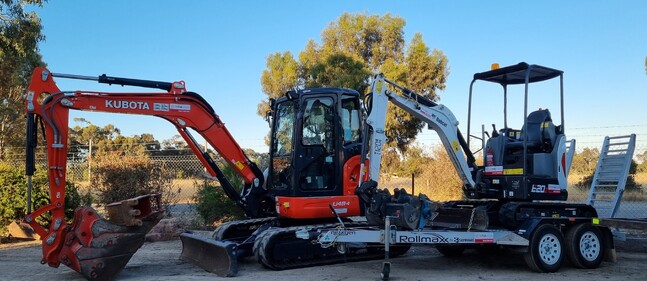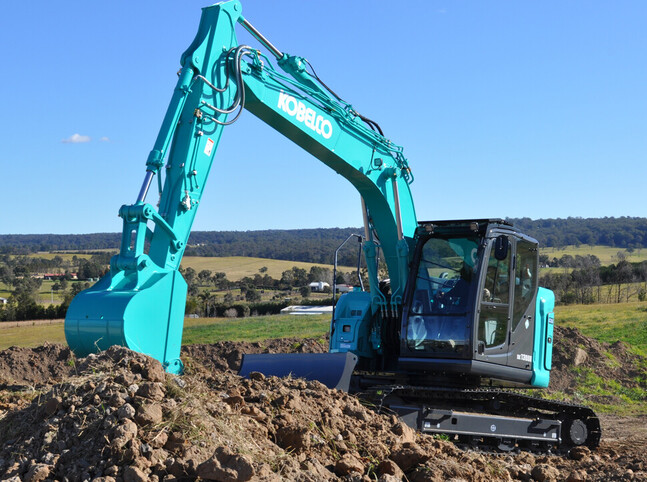Excavators are load shifting machines that can be used for a variety of commercial, residential and agricultural construction projects. From making roadways to excavating backyard pools, forestry, construction and mining, the excavator is a versatile piece of equipment across a number of industries. This versatility also means there are a lot of options when it comes to choosing the right size of excavator. Know which choice is right for you by following these tips.
Consider these three big questions:
Before you choosing an excavator for your next job you should consider your answers to the following:
- What is the work that needs to be done?
- What is the size, shape and scope of the job site?
- What other requirements could impact your choice in excavator? (Will you be moving earth, pipes, landscaping, lifting?)
Considering your answers to these three questions in detail will go a long way to helping you decide what size excavator you will need. Obviously, you’ll need an excavator that has enough power to do the job, but size requirements are just as important. The type of job will also impact what attachments and features you’ll need to look for, and you should choose an excavator that makes it as easy as possible to change these attachments, whether it be buckets, grapples, compaction equipment, rippers or hammers.
Another thing to consider when choosing an excavator is if it will be comfortable for your workers. If your excavator will be used constantly for long periods, you should ensure it is comfortable for the operators. The cabin (if applicable) should be air conditioned, the seating should be ergonomic, and the hydraulic controls as easy to operate as possible, to ensure maximum efficiency and productivity.
There's a digger for every job:
Compact or Mini Excavators:
Compact excavators are best for job sites that require nimble excavation. The operator may have to negotiate existing structures, avoid ground lines or work in areas with tight spaces and narrow turning circles. Compact excavators obviously use less power, and will do the least amount of damage to roads, footpaths and other fragile infrastructure. Compact excavators come in sizes anywhere from 1.7 tonnes up to 7 tonnes.
Standard Excavators:
Covering excavators from seven tonnes up to significantly larger 50 tonne class, standard excavators fit the majority of job profiles. You’ll see them used widely in building, construction and agriculture, with the lighter variants working well in tighter spaces, being nimble enough for jobs like digging, material handling, demolition, dredging and forestry work.

